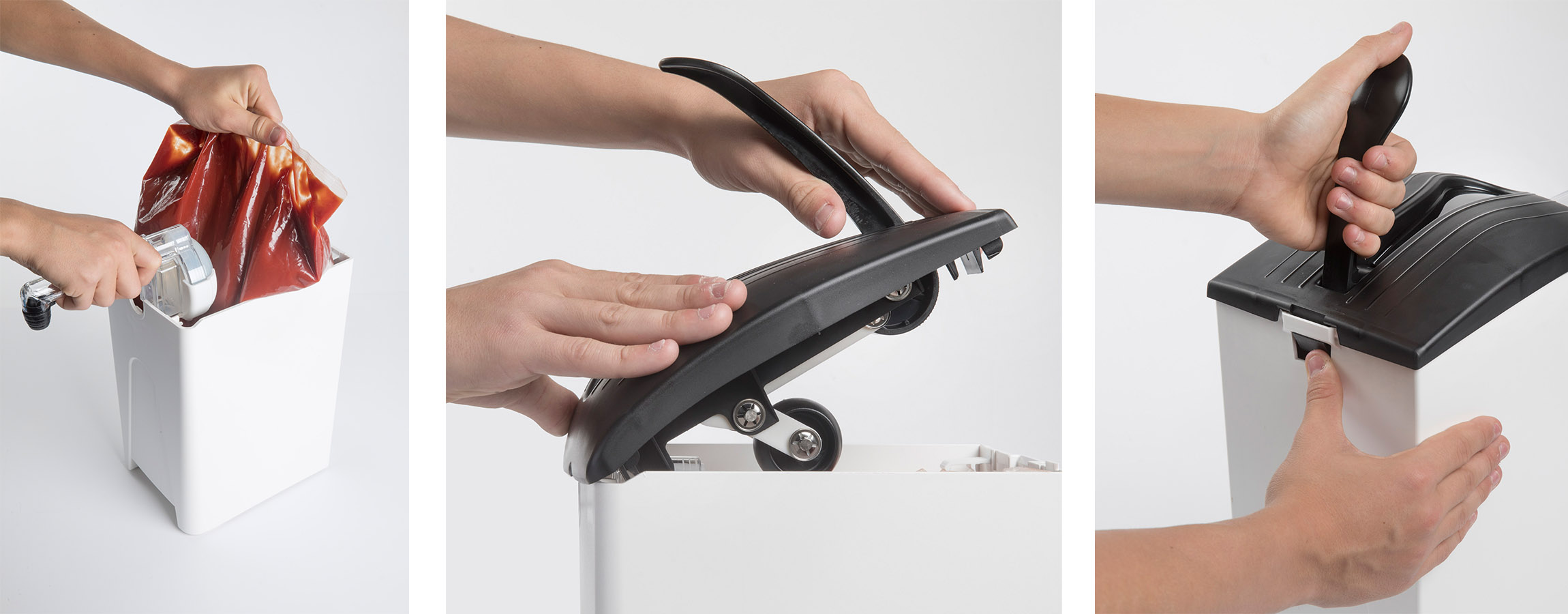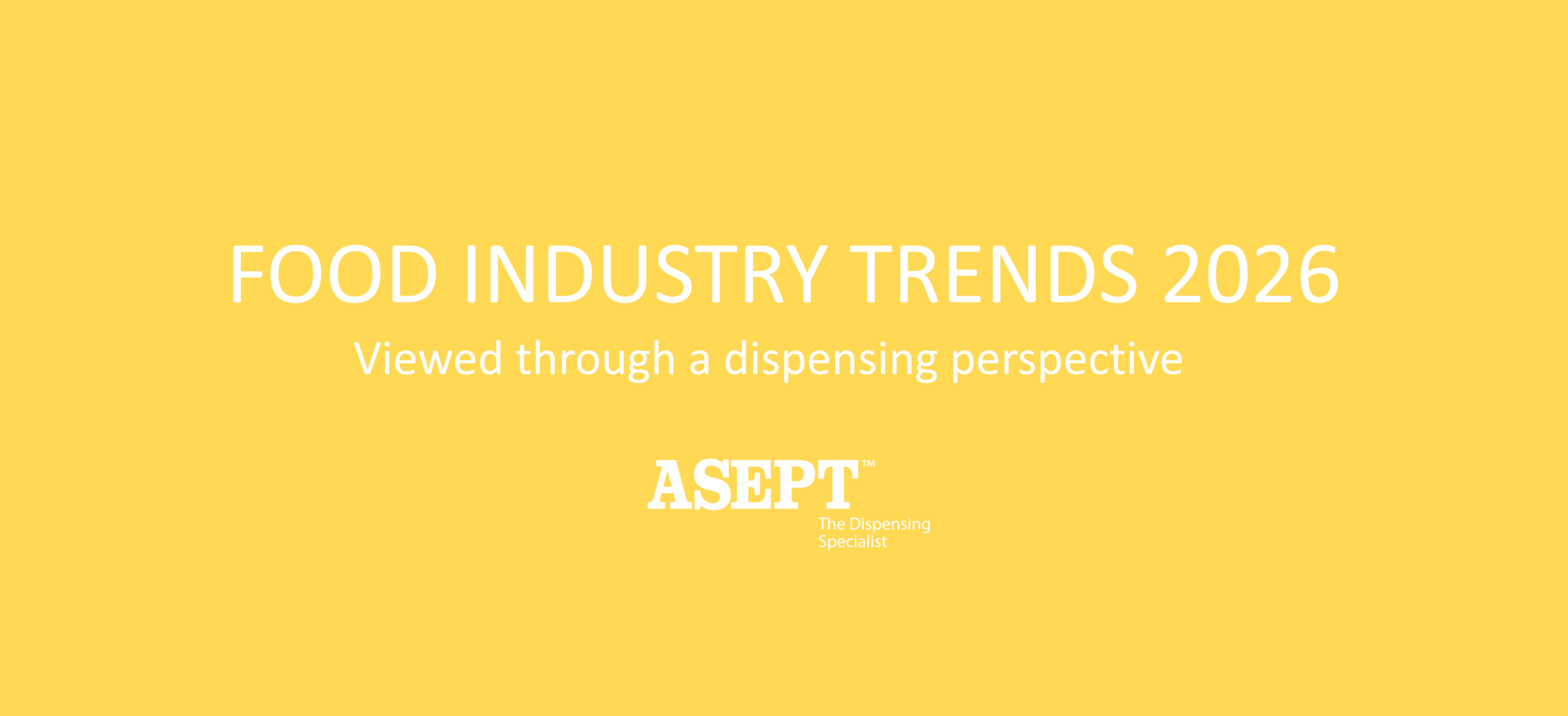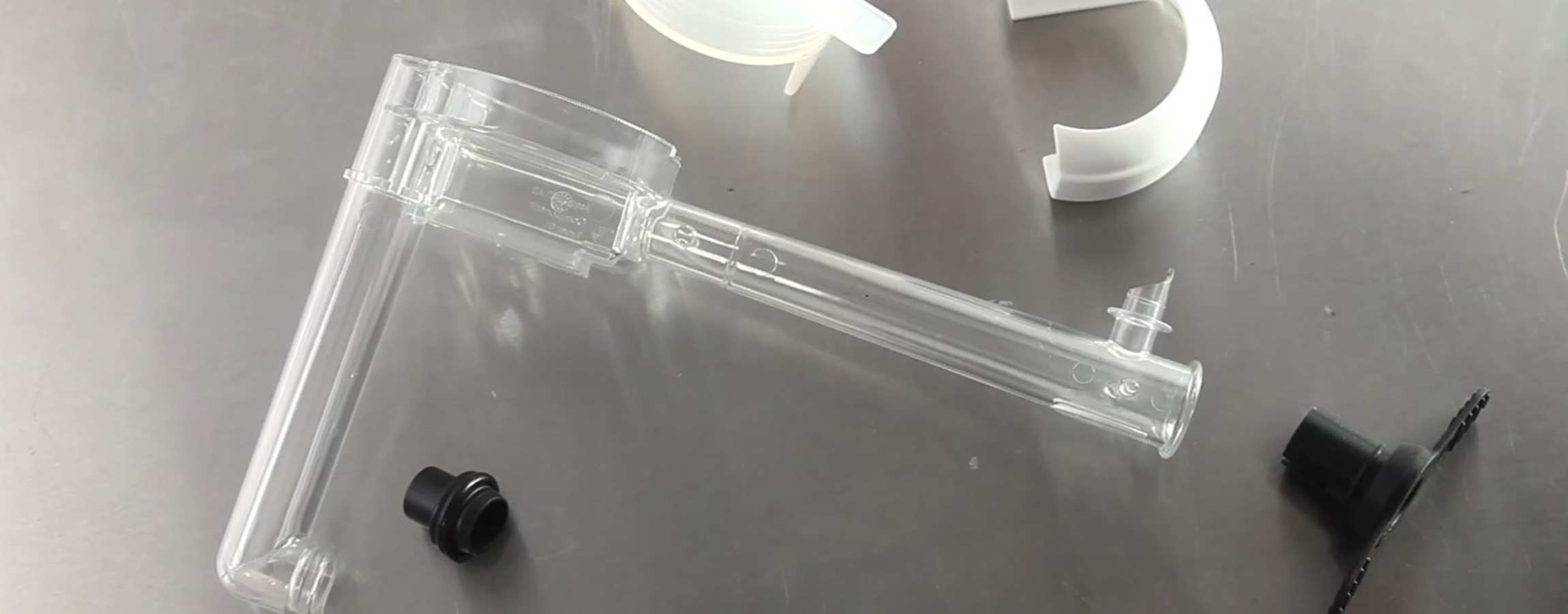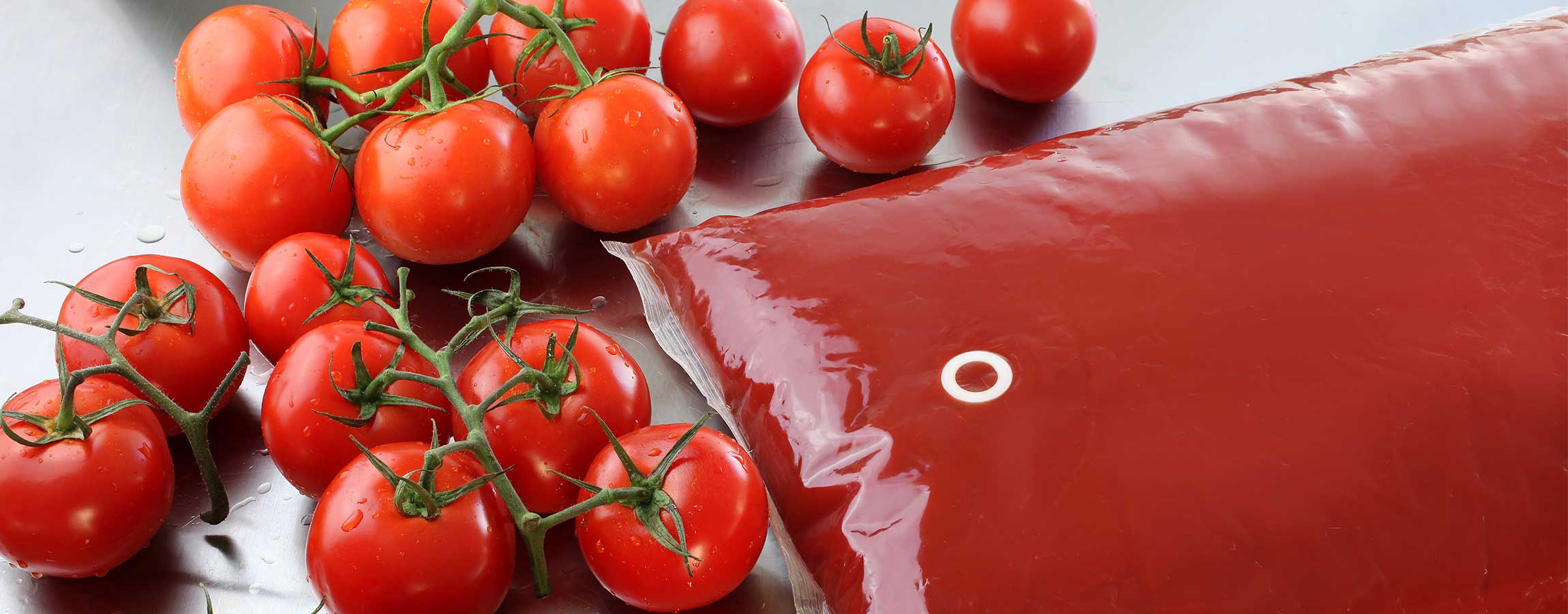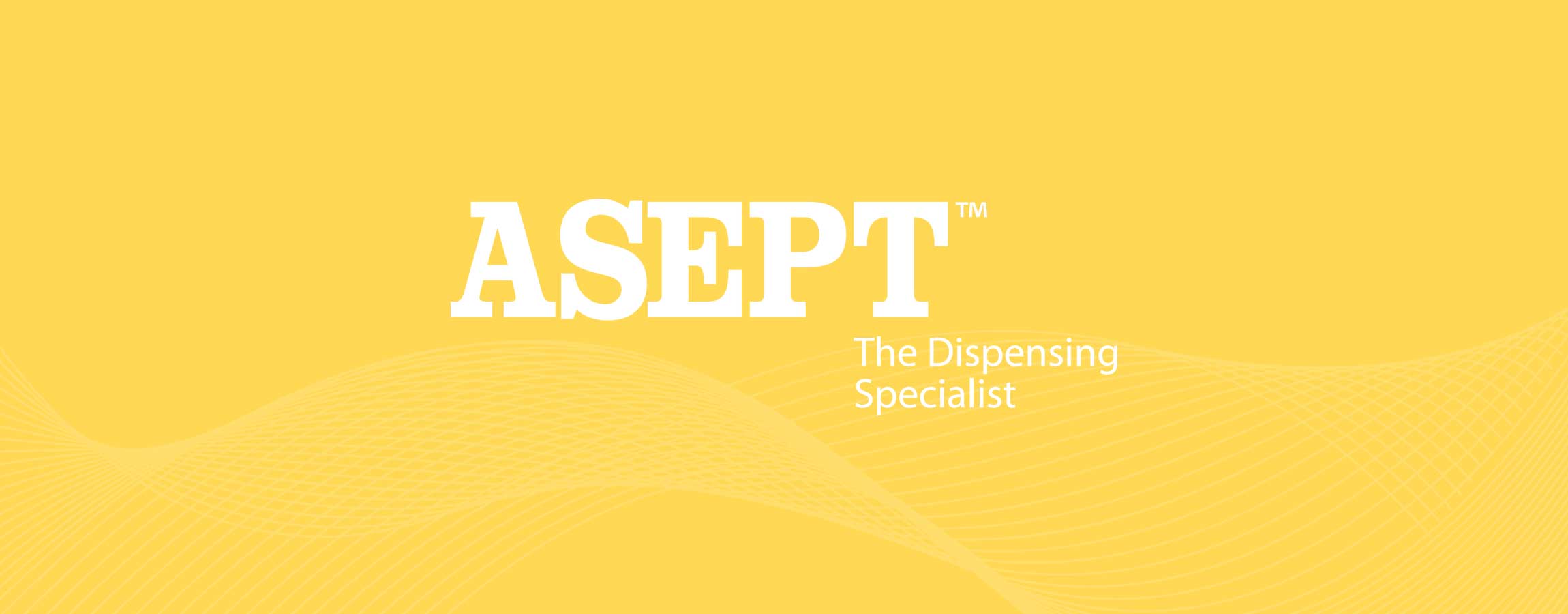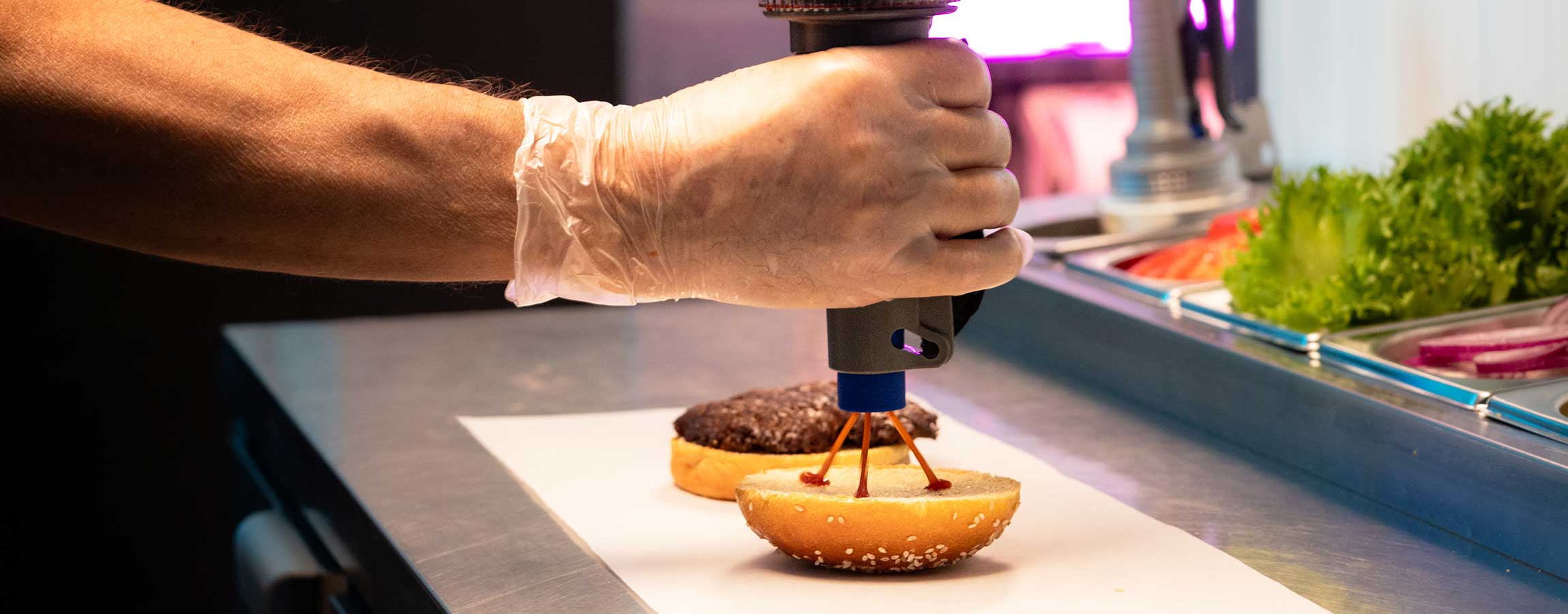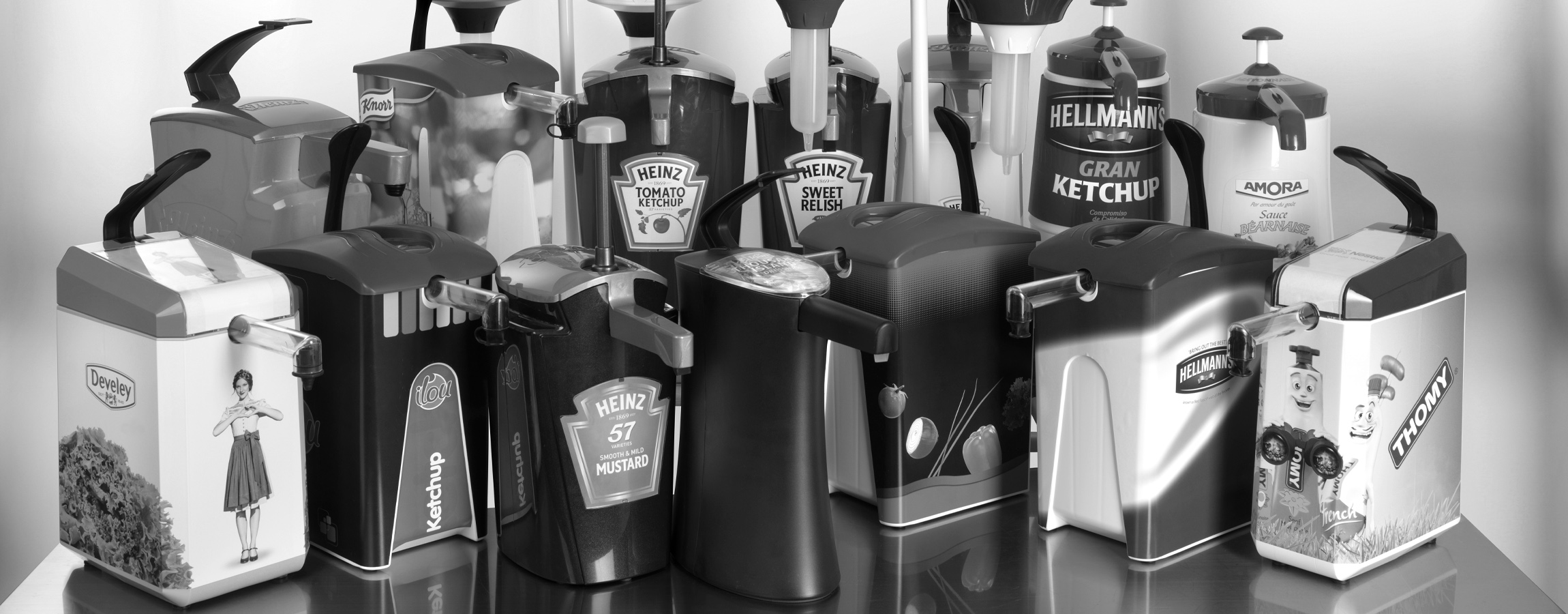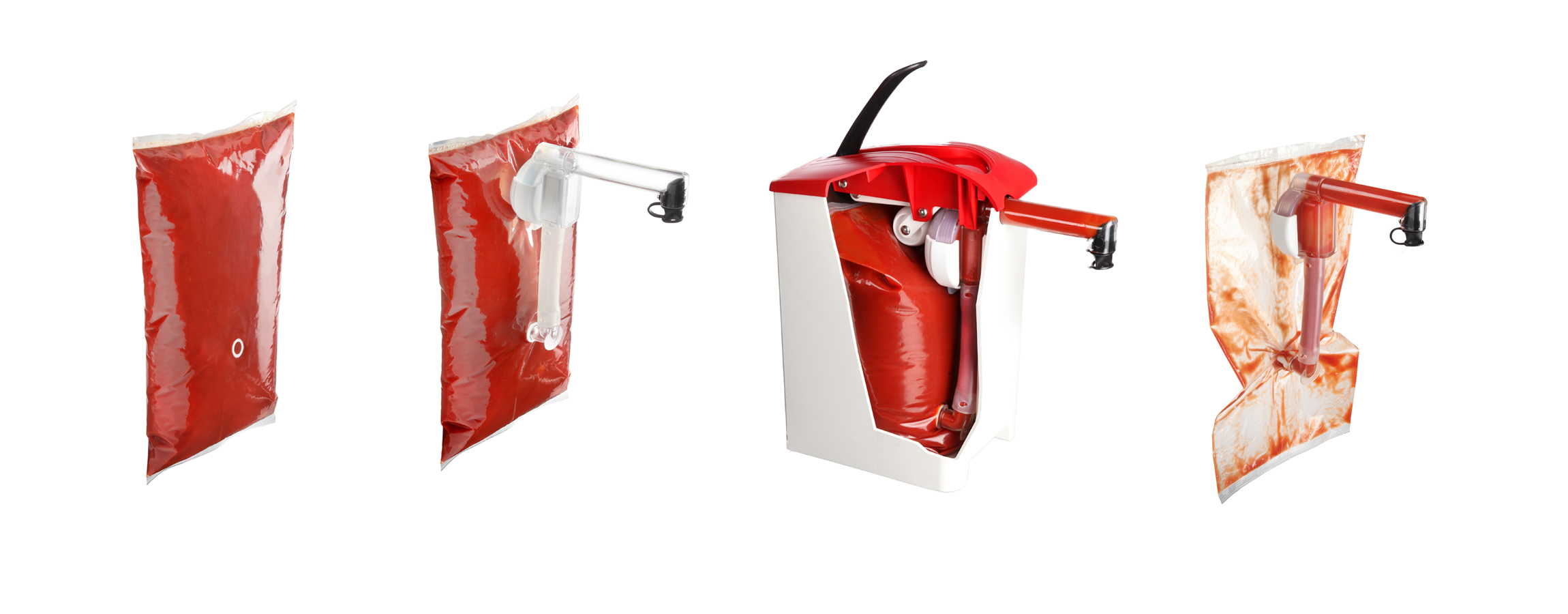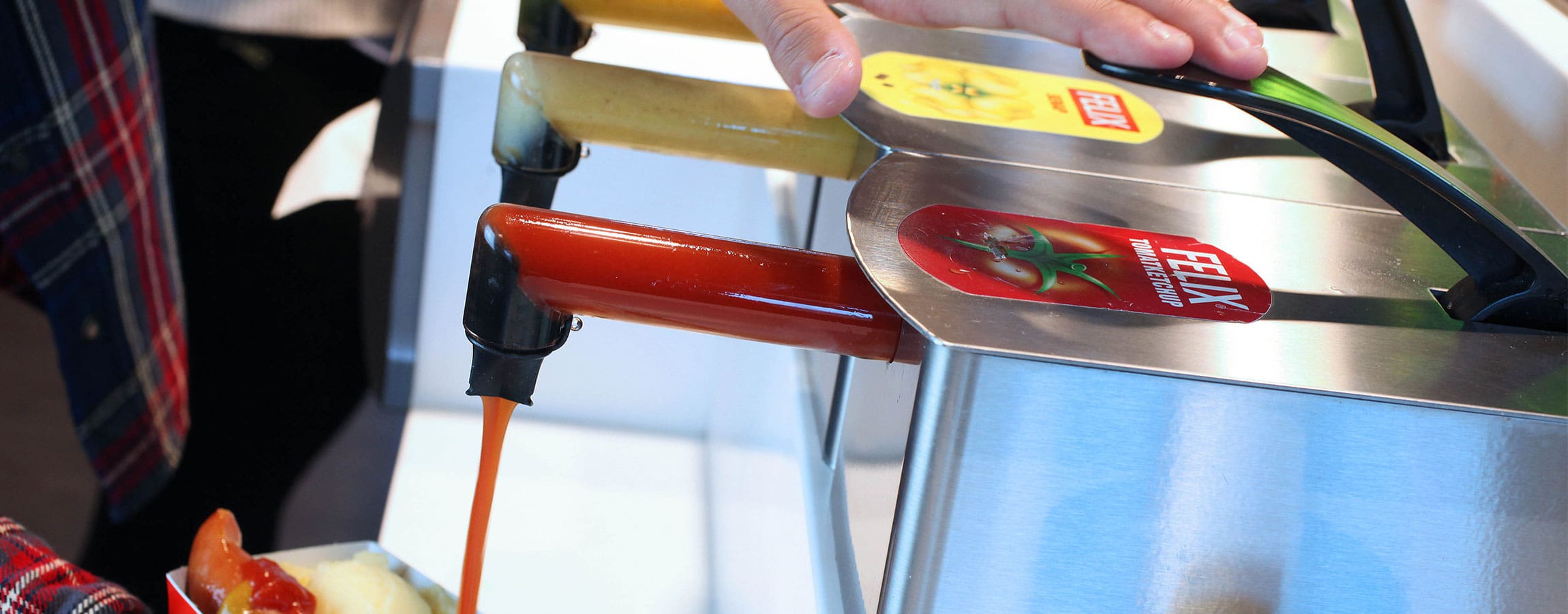
Sustainability in foodservice often feels like a buzzword, but it’s really about making smart, practical choices. One of the simplest? Rethinking your packaging. Moving to larger containers — think 1-gallon (4L) jugs and 1.5-gallon+ (6L+) pouches — can cut down on waste, lower costs and even help streamline your back-of-house operations. Whether you’re running a coffee shop, food truck or concessions, adopting more sustainable food packaging is easier than you think. Let’s break it down.
What Do We Mean by Sustainable Food Packaging?
Sustainable food packaging goes beyond compostable cups or paper straws. It includes choosing bulk options — like large-volume pouches or jugs of sauces, syrups, dressings and condiments — that cut down on single-use plastics. These choices reduce waste while saving money.
Why It’s Worth the Shift
- It Cuts Costs | Let’s face it — single-use items add up. Bulk packaging often has a lower cost per ounce, and fewer trips to restock means you save on time, too.
- It Reduces Waste | Less packaging means less trash. Your waste bins fill up slower, and your disposal costs drop.
- It Resonates with Customers | Today’s diners notice when businesses make eco-friendly choices. Offering a more sustainable approach can turn a one-time customer into a loyal fan.
What About the Environment?
Bulk packaging isn’t just practical; it’s better for the planet. Larger containers mean fewer resources spent on production and transport. Plus, less plastic waste means a smaller carbon footprint for your operation.
How to Get Started
You don’t need to overhaul everything overnight. Start small by swapping out single-use condiment packs for bulk options. Still not ready to make the leap to reusable food dispensers? That’s fine—larger packaging with a shorter lifespan pump is a step in the right direction. The key is finding what works for your operation, whether you’re a cozy café or a bustling stadium.
Sustainability doesn’t have to be all or nothing. By transitioning to bulk options, you’re taking an easy, meaningful step toward reducing waste and improving efficiency. It’s good for your business, good for your customers and good for the planet.
